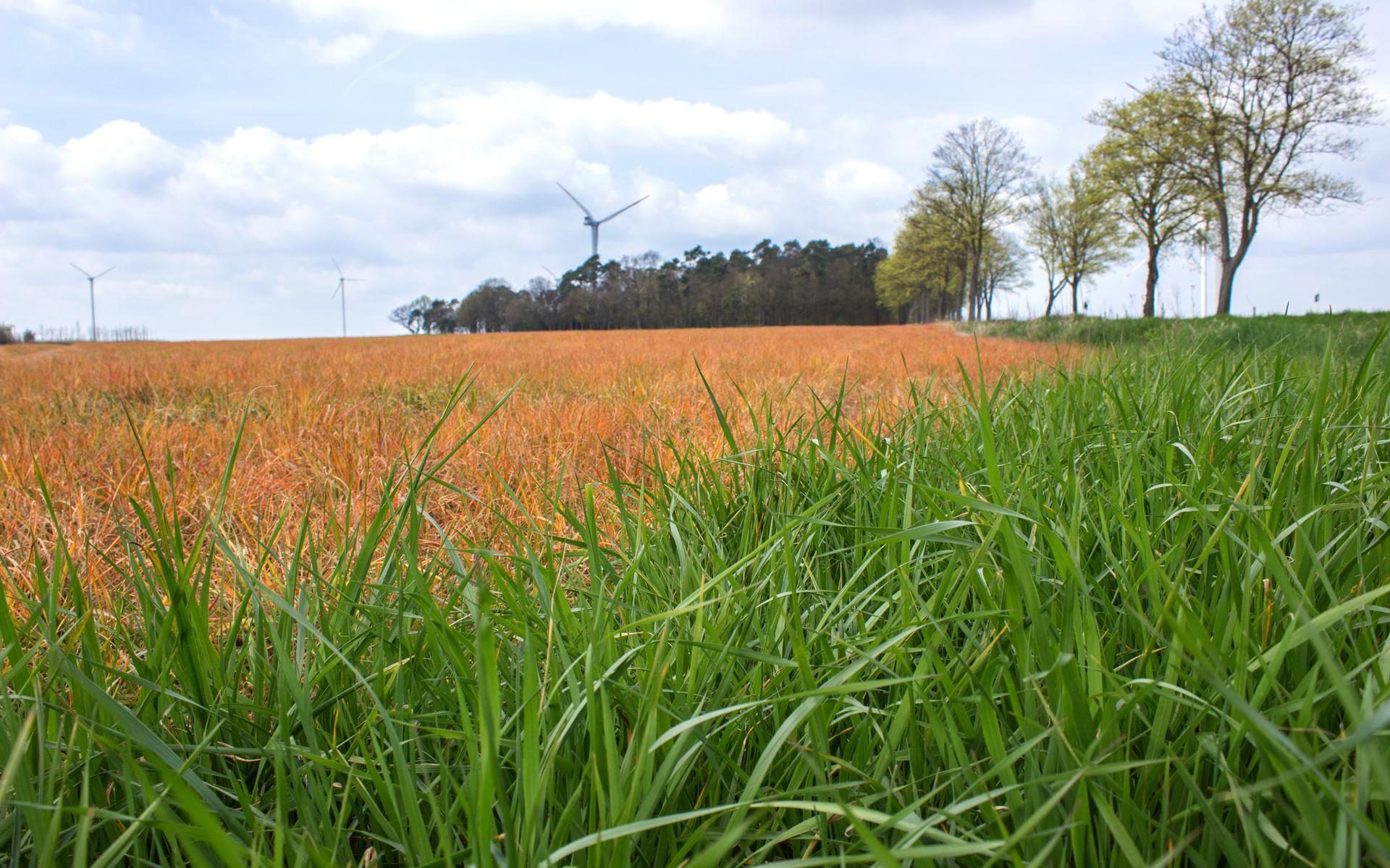In Indonesia, the world’s largest producer of palm oil, people in several cities have to wait in line at distribution centers for hours to buy palm oil at subsidized prices.
Concerned about social tensions, Indonesian authorities are trying to secure supplies of palm oil and unexpectedly decided on Wednesday that the embargo will apply to all oils, not just edible ones.
Indonesian President Joko Vidodo has stated that supplying the country’s 270 million people with palm oil is the government’s top priority.
“As the world’s largest producer of palm oil, it is ironic that we have difficulty obtaining cooking oil,” he said.
Indonesia’s palm oil accounts for about 60% of the world’s total production and is consumed by one third of its domestic market. The rest is exported to India, China, the European Union (EU), Pakistan and other countries.
The months-long shortage of palm oil has been exacerbated by poor regulation and reluctance on the part of producers to sell on domestic markets, as high international prices have made exports more profitable.
Jakarta plans to resume exports when the price of cooking oil in local markets has dropped to 14,000 rupees (92 cents) per liter. The price of oil has risen by 70% in recent weeks, reaching 26,000 rupees (1.70 euros) per liter.
Following Russia’s invasion of Ukraine, vegetable oils, like many other basic foodstuffs, have seen a sharp rise in prices, according to the Food and Agriculture Organization of the United Nations.
Indonesia’s decision to ban palm oil exports risks further destabilizing the global vegetable oil market.
–


